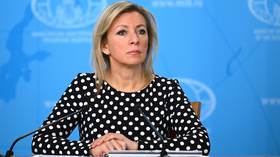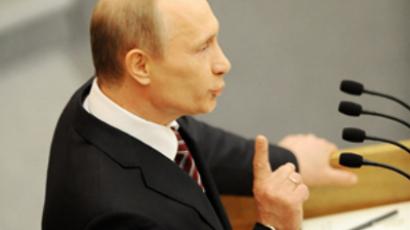Privatisation to step into budget deficit as government looks to entice investor
Russia may sell up to $3.5 billion of state assets each year under its latest privatisation plan. Starting in 2010, airports, shipyards, freight shippers and an insurer will be sold to private investors.
Russia is seeking to re-fill its treasury, drained by supporting the economy, with a sale of state assets. Privatisation may also bring private sector skills to industry and make it more competitive.
But for that, the government must turn 180 degrees. Companies which were declared strategic assets – closed to foreign investors – are now up for sale.
The government plans to raise over two and a half billion dollars in 2010 by selling 14 companies, including shipping giant Sovcomflot and insurer Rosgosstrakh, according to Economic Development Minister, Elvira Nabiullina .
“The government has approved the privatization plan for next year. The state will continue to sell its excess assets. One of the aims of privatization is to attract non – budget investment to companies that are currently in state hands. Another goal is to increase management efficiency at these companies.”
Negotiations with potential buyers, including foreign ones – are already underway.
Reiner Hartmann, the chairman of the Association of European Businesses says the government will have to convince foreign partners their investments are secure.
“Member companies of our association are in discussions now with the government, on strategic assets, which were not on the agenda a year ago. It’s the prime objective of the government, now, to convince investors that their capital is well placed if they enter these strategic assets. It is the Associations opinion that the Russian government means business.”
Russia saw the first wave of privatization in the 1990’s. That proved controversial – for creating tycoons overnight – though some analysts say those companies were largely responsible for driving Russia's economic growth over the past decade.
It's only recently that the state started to increase it's share of the economy – now it's reversing the process. However, if investors are interested in state heavyweights like Sberbank and VTB or energy majors Rosneft and Gazprom – they will have to wait well beyond 2010.













